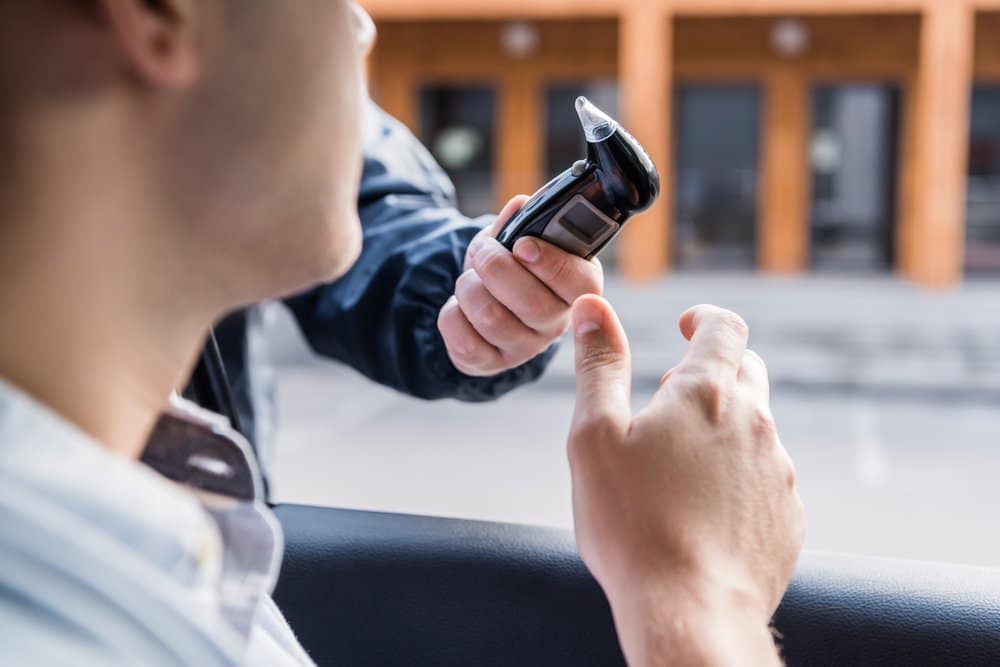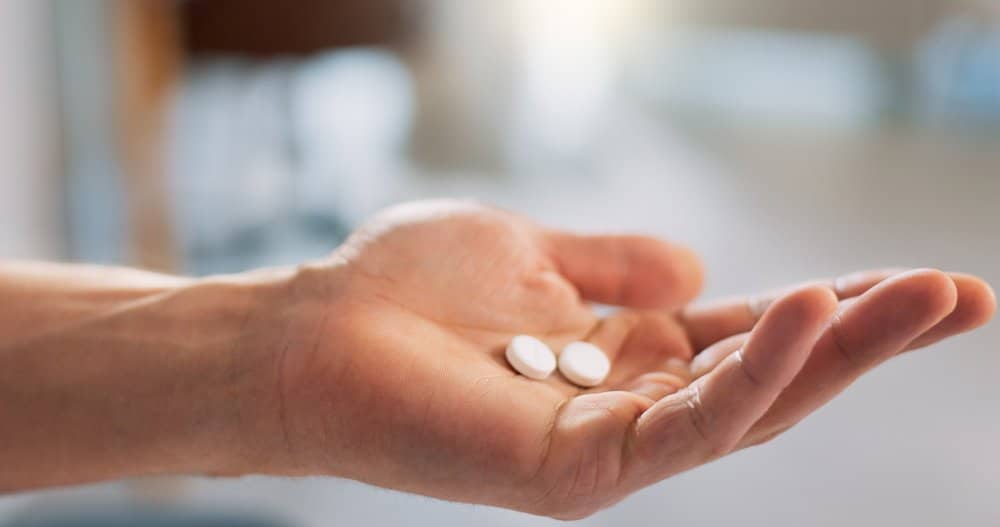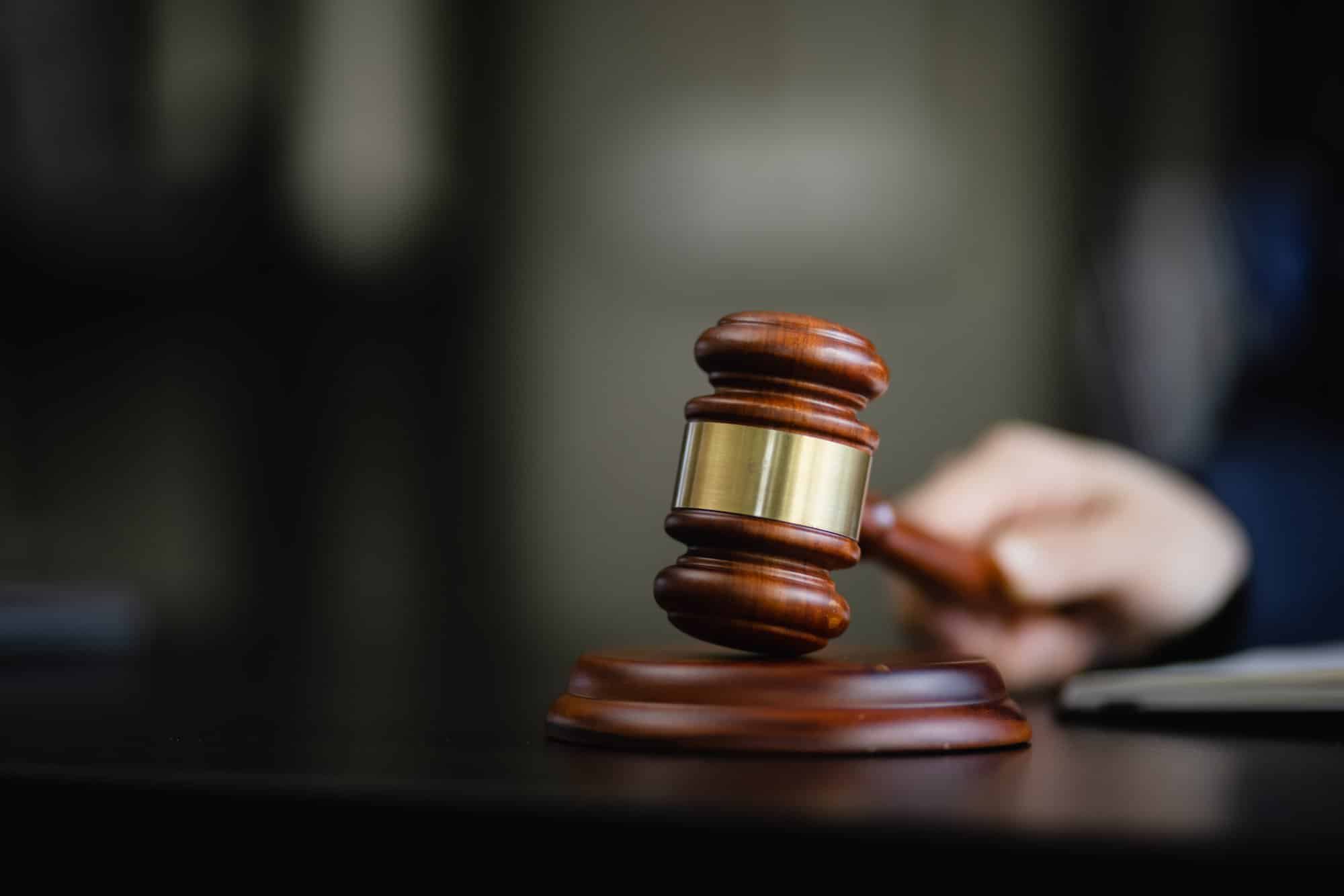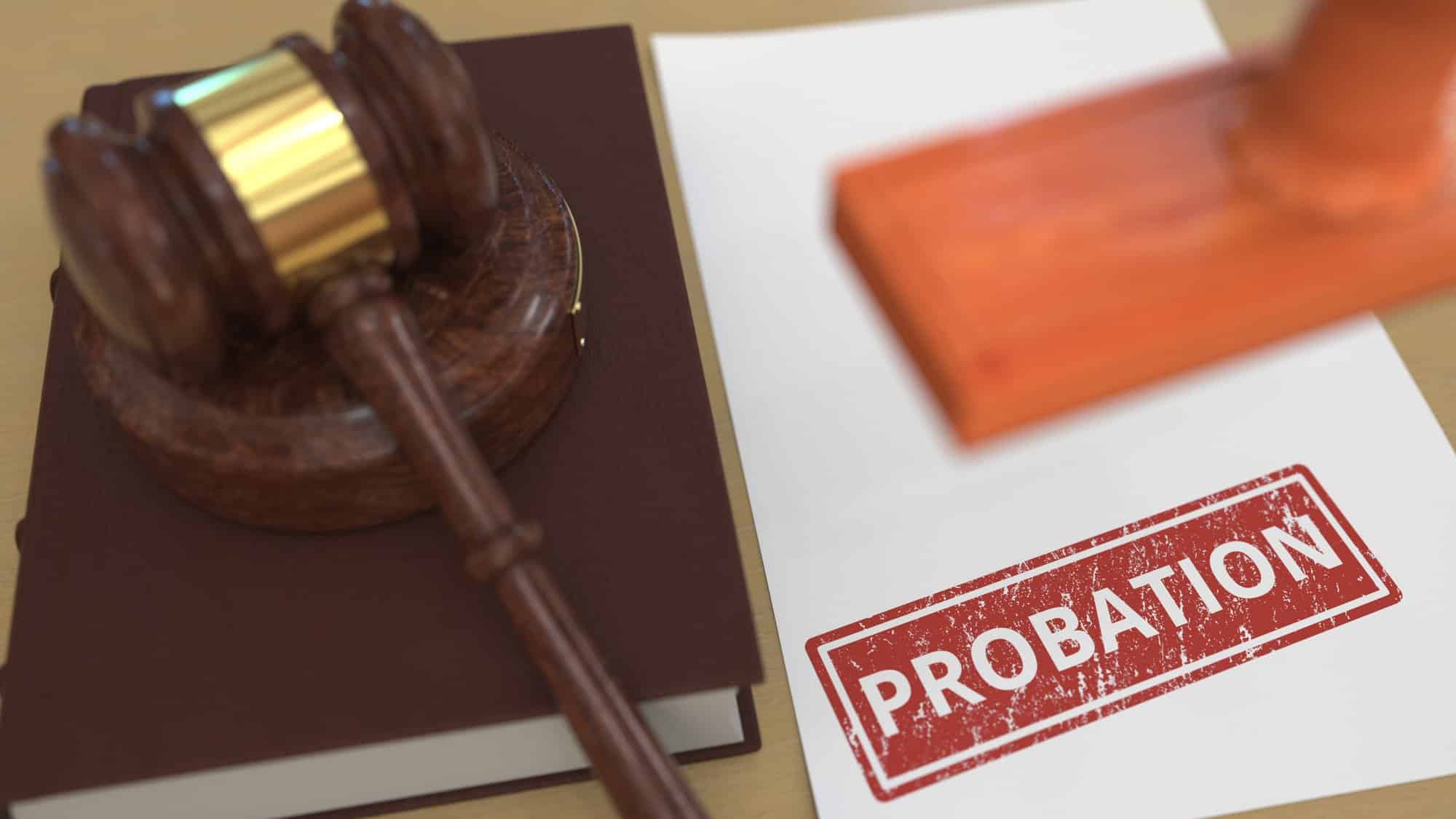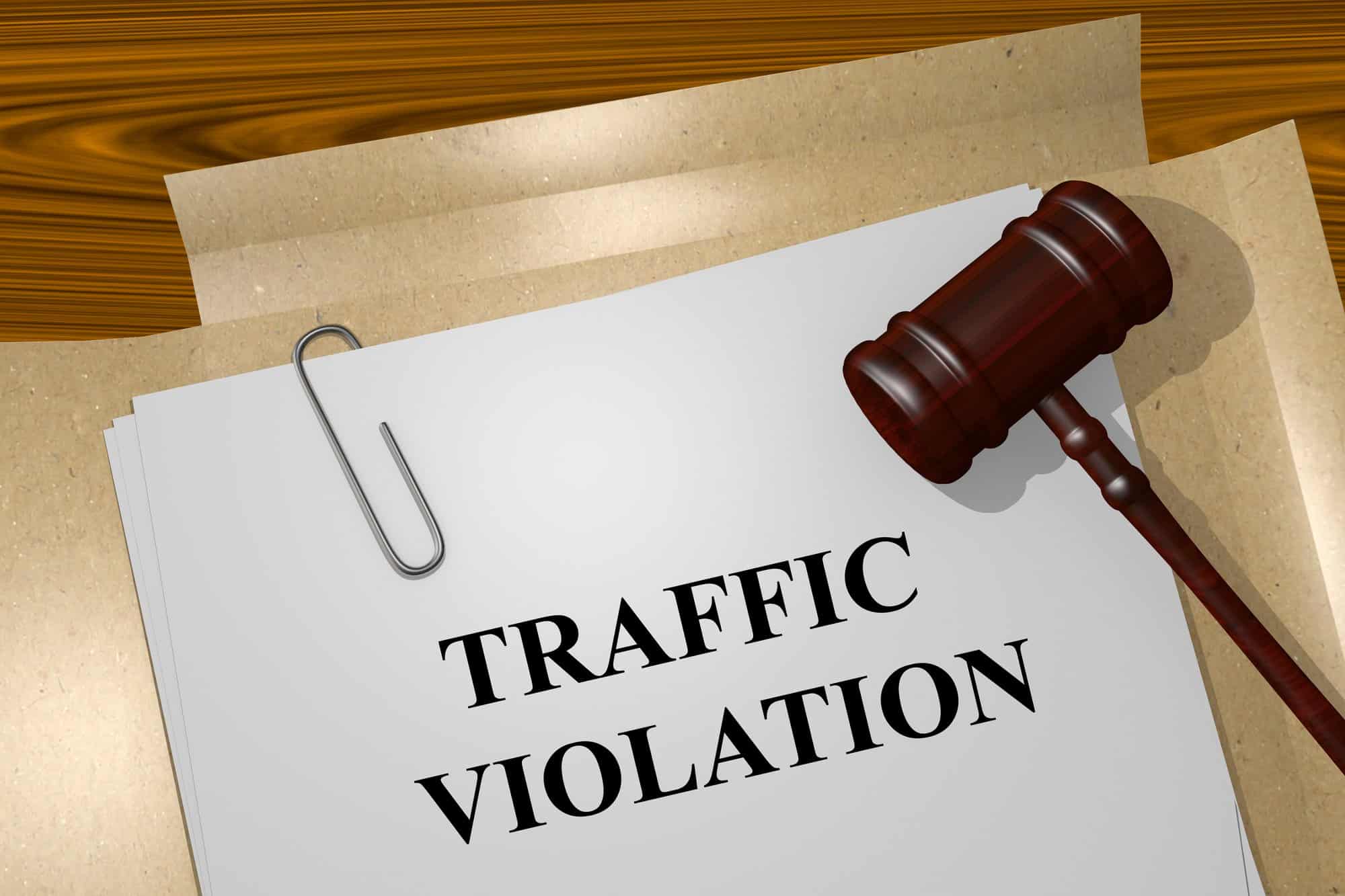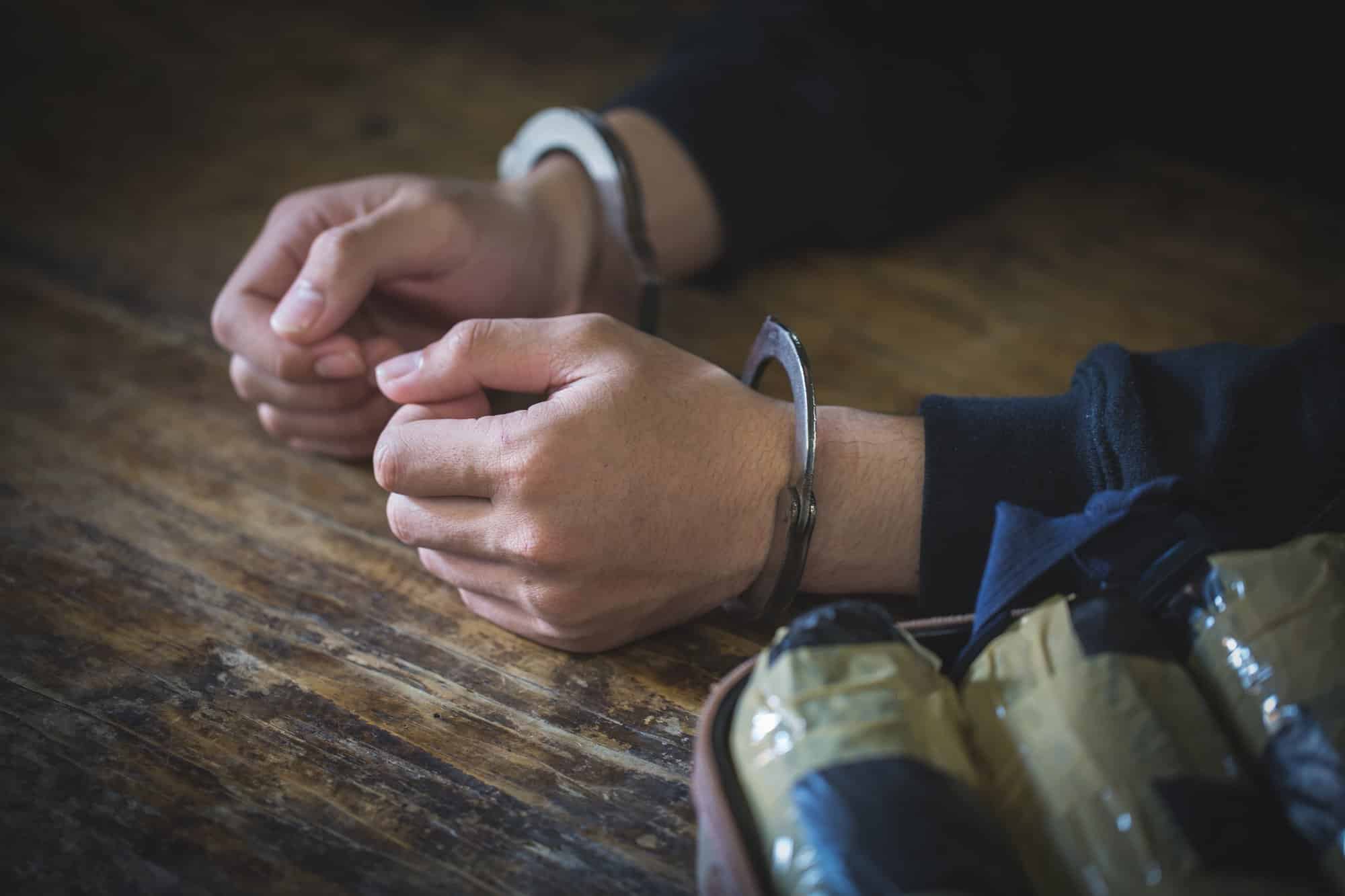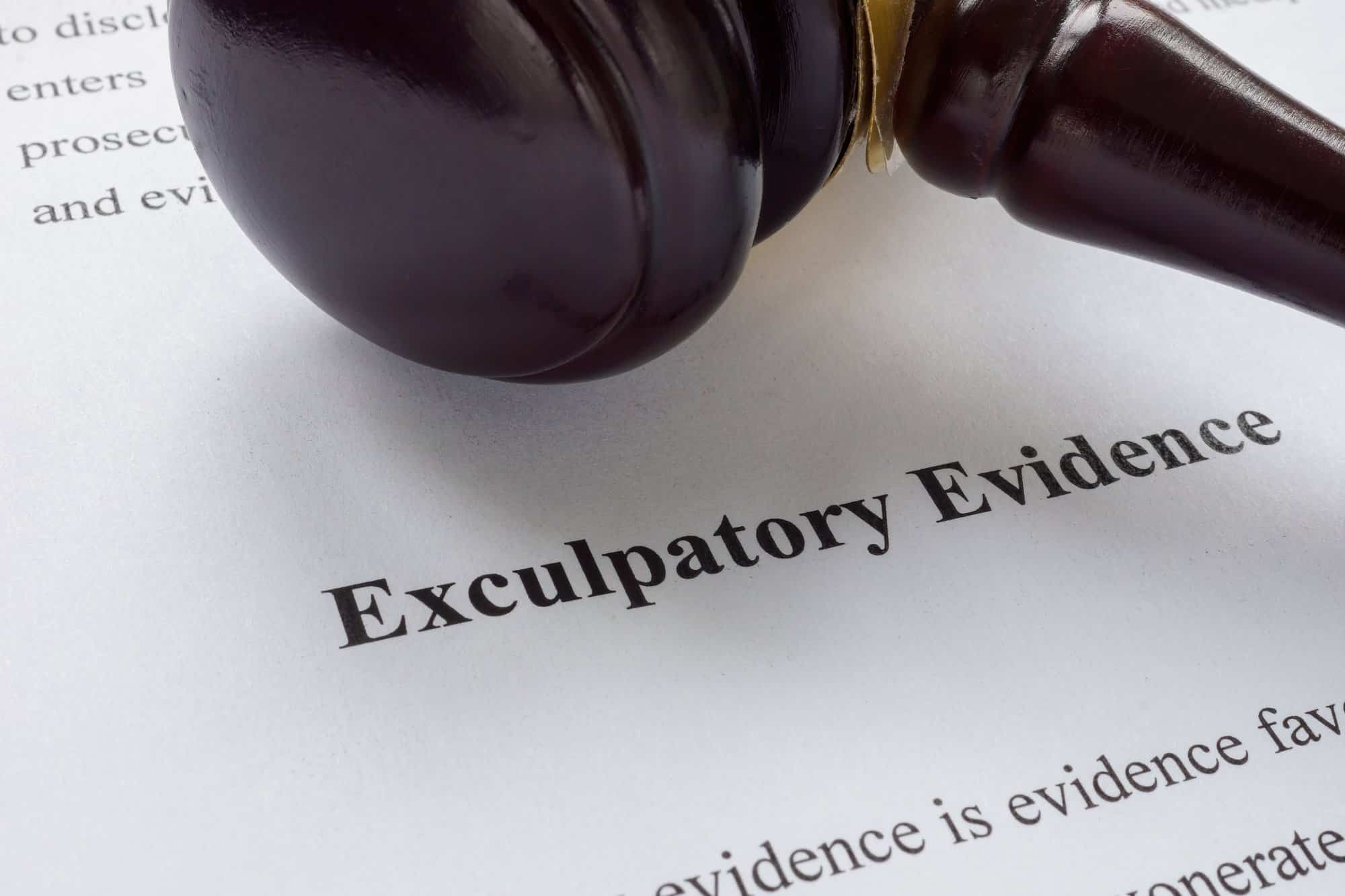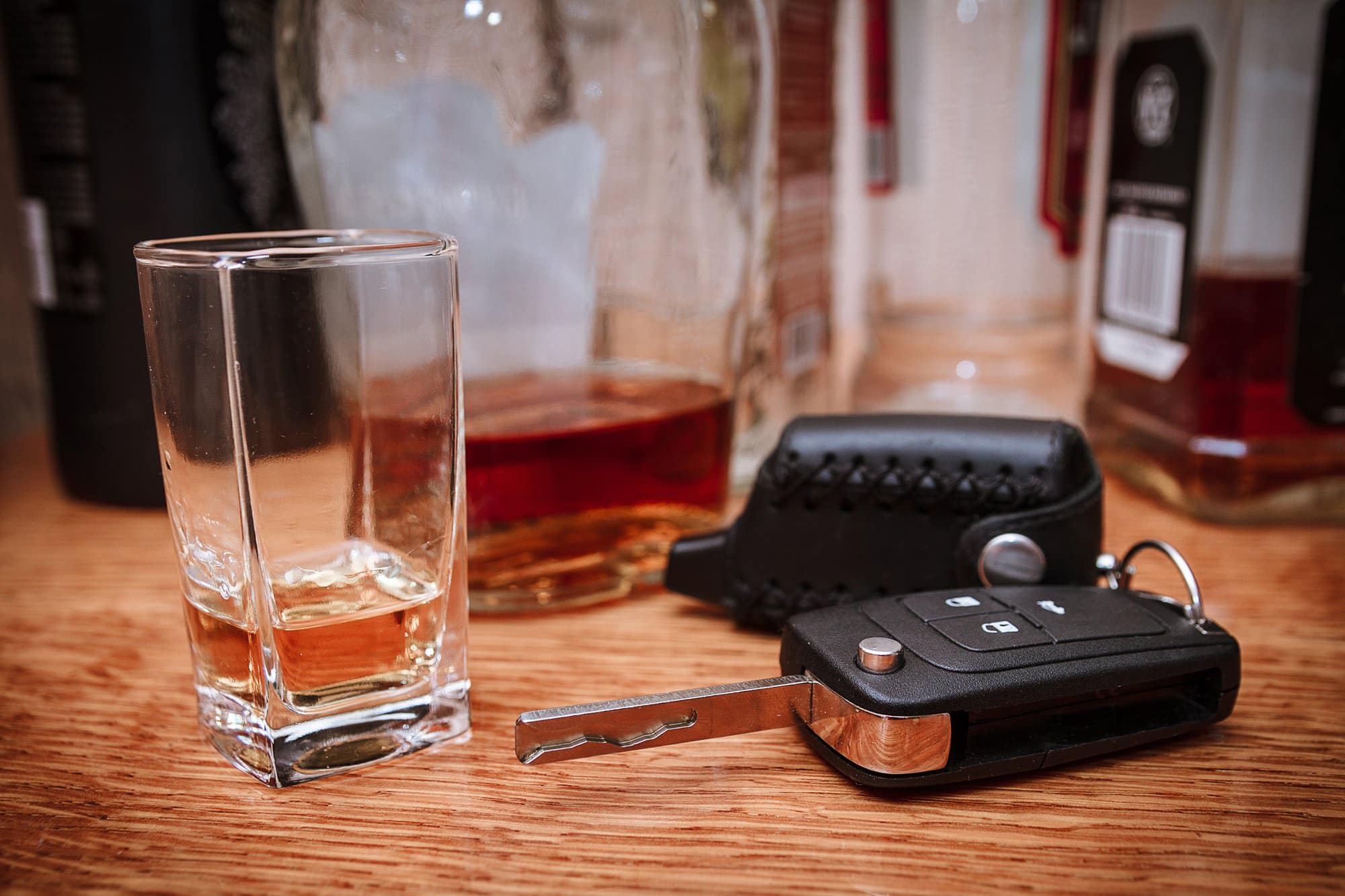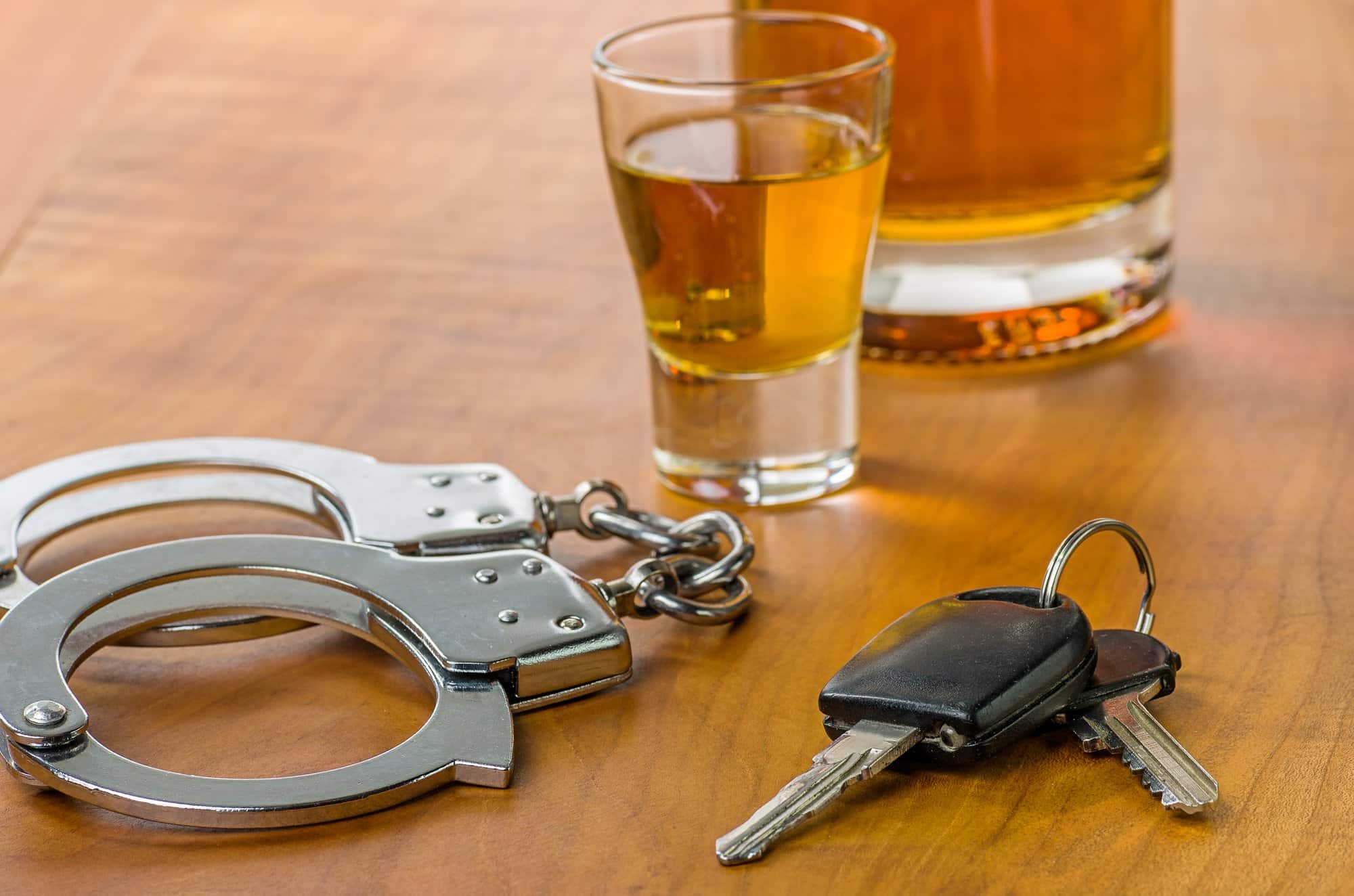Breathalyzers are commonly used by the police when they pull someone over on suspicion they are driving while intoxicated. While these devices measure blood alcohol content (BAC) to determine whether the driver is impaired, there are a number of reasons why they may not always be accurate. Breathalyzers can provide crucial evidence to the prosecution in a DWI case — but there are certain medications and medical conditions that can interfere with the accuracy of these tests and result in a false positive.
What Medications Can Cause a False Positive Breathalyzer Test Result?
It’s not only alcoholic beverages that can cause a breathalyzer result to be positive. Certain medications that contain alcohol can skew the results, leading to an arrest that otherwise might not have been made. For example, over-the-counter cold medications containing alcohol — such as Nyquil and Vicks products — can affect the reading. In addition, some asthma medications contain ingredients that can be misidentified by the breath test as alcohol, including albuterol, salmeterol, and budesonide.
Other substances that might affect breath test results can include oral gels used to treat toothaches and certain mouthwashes. For instance, since some mouthwashes and breath sprays contain a significant amount of alcohol, they can impact the results if they were used shortly before the test was administered.
What Medical Conditions Can Affect Breathalyzer Test Results?
Certain medical conditions can cause a person to test positive for alcohol on a breath test, even if they have not consumed any. Some of these conditions can cause the body to produce substances similar to alcohol, and thus can be captured by a breathalyzer. Others may require medications that interfere with the breathalyzer’s accuracy.
Medical conditions that can affect breathalyzer results can include the following:
- Asthma
- Chronic obstructive pulmonary disease (COPD)
- Diabetes
- Gastroesophageal reflex disease (GERD) or acid reflux
- Hypoglycemia (low blood sugar)
- Bronchitis
- Pneumonia
- Liver and kidney disease
Additionally, recent dental work can potentially lead to a false positive on a breathalyzer test, as alcohol-based cleaners are used to kill germs during these types of procedures. While the device is meant to collect breath alcohol from deep within the lungs, a breathalyzer can also pick up mouth alcohol — and cause a person’s BAC reading to be elevated.
What Can You Do if You Were Charged with a DWI Due to an Inaccurate Breathalyzer Result?
Being convicted of a DWI can be overwhelming and stressful — especially if you weren’t actually driving under the influence. If you are facing DWI charges due to a medication or medical condition that caused a false positive breathalyzer reading, it’s critical to have an experienced DWI attorney represent you. They will know how to challenge the prosecution’s case against you using the medical records that document your condition to show that the breathalyzer results are not reliable evidence of intoxication.
A DWI attorney may also bring in an expert witness who can testify how your medication or medical condition could account for the high reading, rather than the consumption of alcohol. These individuals have specialized knowledge and can help explain complex technical information concerning scientific and medical issues to a jury.
Contact an Experienced New York Criminal Defense Attorney
If you were charged with a DWI based on a false positive breathalyzer test result, it’s essential to have an experienced criminal defense attorney by your side who can refute the prosecution’s evidence and fight the charges against you. D’Emilia Law offers trusted representation and skillful counsel for a broad scope of criminal offenses, including DWIs, and strives to secure the best possible outcome for each client. To schedule a consultation, contact us at 1-888-DEMILIA.

